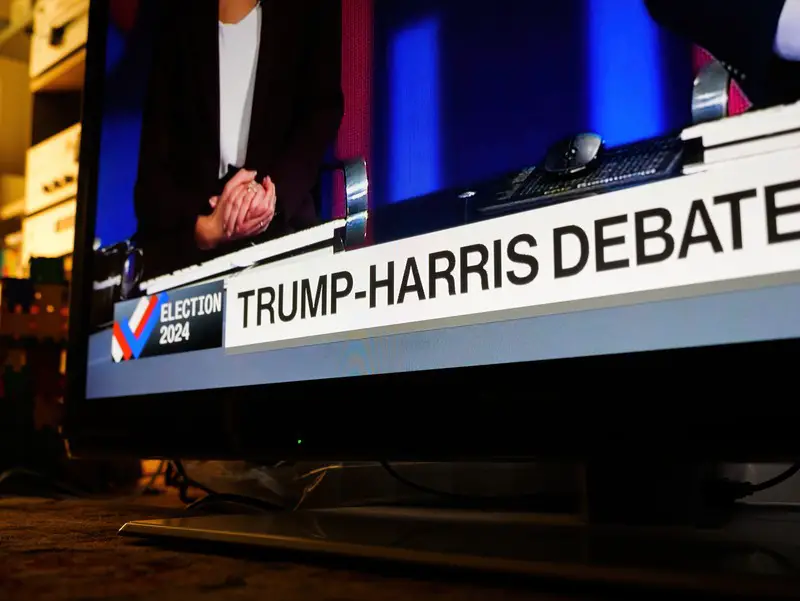ABC News has vehemently dismissed charges of manipulation in the much-awaited presidential debate involving Vice President Kamala Harris and former President Donald Trump. The accusations, largely circulated among Trump’s supporters, suggest that ABC News unjustly favored Harris during the event held on September 10 in Philadelphia, Pennsylvania.
The dispute began when an unnamed individual, claiming to be a whistleblower, disseminated an affidavit on social media. The document alleged that ABC News had participated in deceitful practices that benefitted the Harris campaign. The unconfirmed claims suggested that the network had supplied Harris’s team with example questions, pledged to fact-check only Trump, and agreed not to discuss certain topics as per the campaign’s request.
In response, ABC News quickly asserted, “We adhered to the debate rules that both campaigns agreed upon and which clearly state: No topics or questions will be shared in advance with campaigns or candidates.”
The network stressed its dedication to equal treatment and adherence to the pre-established guidelines for the debate, which was held at the National Constitution Center in Pennsylvania without a live audience.
The morning after the debate, Trump expressed his dissatisfaction with the conduct of the moderators. The former president characterized the debate as one of his strongest performances. Nevertheless, he voiced his annoyance with moderators David Muir and Linsey Davis for frequently “correcting” him during his dialogue with Harris. He felt as though he was debating three adversaries: Vice President Harris and the two ABC News moderators.
Amidst the controversy, Republican Congressman Dan Meuser has indicated his intention to summon ABC News officials to testify before the House regarding the allegations. This move has amplified the debate about the event’s fairness and the influence of media organizations in political discussions.
The Harris campaign has refrained from addressing the allegations, avoiding any comment on the purported irregularities. However, they have voiced satisfaction with the Vice President’s performance, with Harris reminding her supporters that it was a successful day.
Interestingly, Harris’s team proposed a second debate in October, a challenge that Trump initially seemed hesitant to accept. Trump stated during an interview that he would be less inclined to participate, citing the success of the first debate.
The debate adhered to a strict set of rules agreed upon by both campaigns. These included 90 minutes of debate time with two commercial breaks, no audience, and specific guidelines for question formats and speaking turns.
A coin toss decided the order of closing statements and the placement on the podium, with Trump winning the toss and opting to deliver the final closing statement. The debate format prohibited candidates from directly questioning each other, with only the moderators allowed to ask questions.
Some observers have pointed out that while the moderators did challenge several of Trump’s false or misleading statements during the debate, they did not fact-check all questionable claims made by either candidate in real-time. According to the moderators, this approach was an attempt to avoid the issues experienced during the June CNN debate between Trump and President Joe Biden, where unchecked false statements became a point of criticism.
As the controversy continues to unravel, it has reignited the conversation about media bias, the role of fact-checking in live debates, and the difficulty in maintaining fairness in high-profile political events. The incident highlights the intense scrutiny that news organizations are subjected to in an era characterized by extreme political polarization and rampant misinformation.











